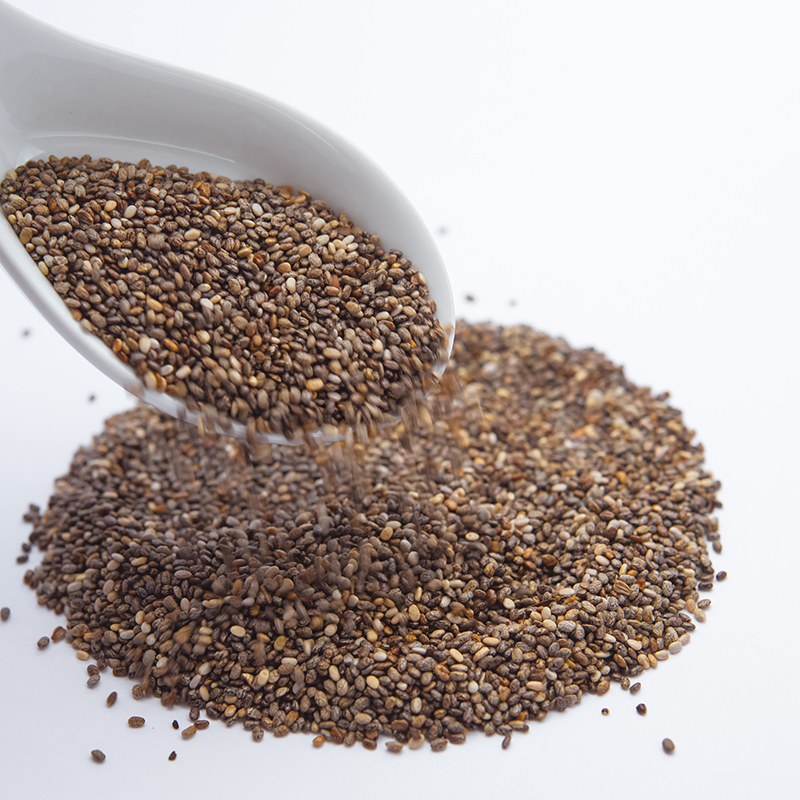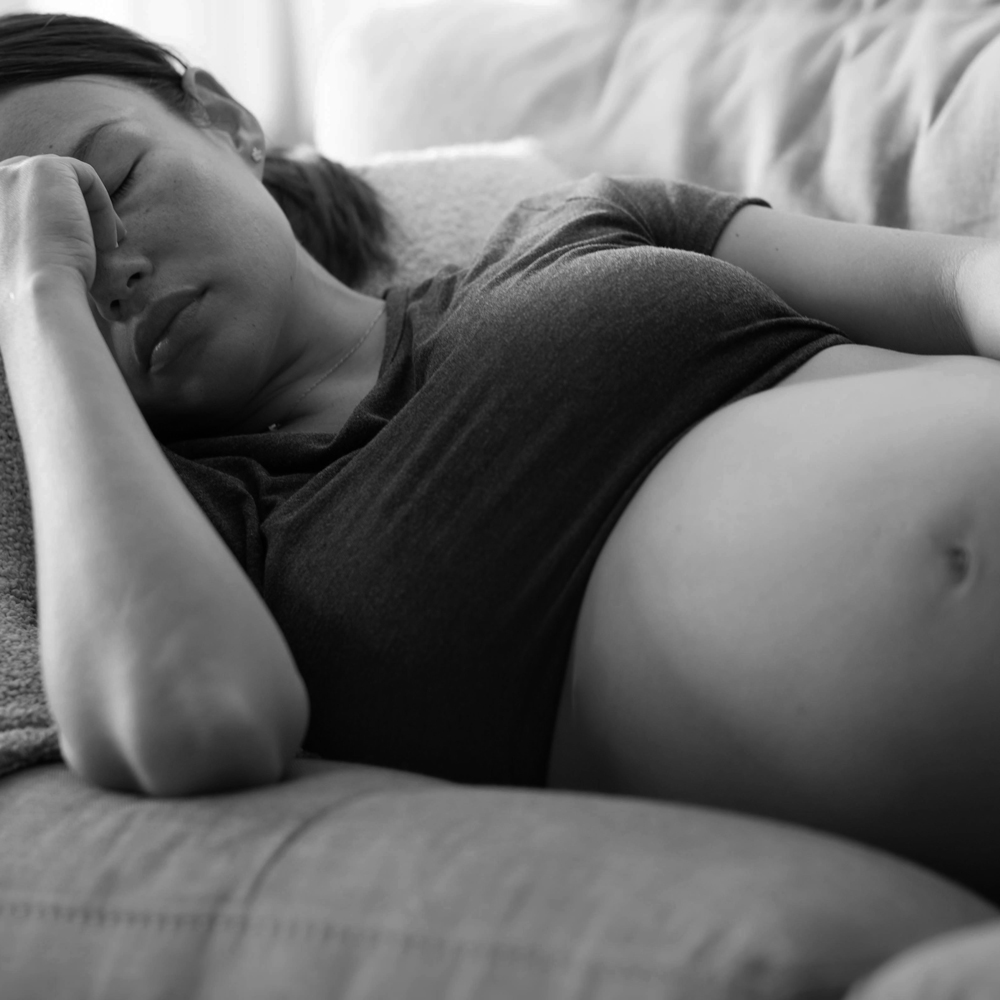Your Pregnancy: Week 4

Your pēpi is the size of a poppy seed.
It might be this week that you realise your period hasn’t arrived yet, so you may suspect that you could be hapū. You might also be experiencing some early pregnancy symptoms such as tender breasts, fatigue, or nausea.
By week 4, the egg has implanted and is considered an embryo. If you have conceived through in vitro fertilisation (IVF), the egg is fertilised in a laboratory and then the embryo is implanted in your uterus.
This week, your baby is just 1mm long (the size of a poppy seed) and consists of two layers. Your baby’s amnion is developing to fill with amniotic fluid. The amnion is a membrane that will eventually expand to become the amniotic sac – you may have heard people refer to this as ‘waters’. The yolk sac has also developed to provide blood and nourishment to help the baby grow. The yolk sac will remain until the placenta/whenua is formed and can take over this role.
Once the embryo has implanted, your body starts to produce a pregnancy hormone called hCG (Human Chorionic Gonadotropin). The presence of hCG is what is detected to determine a positive pregnancy test on a home urine test or in a blood test. hCG is responsible for telling your brain that you are pregnant so your ovaries don’t release an egg each month and your periods stop too.



